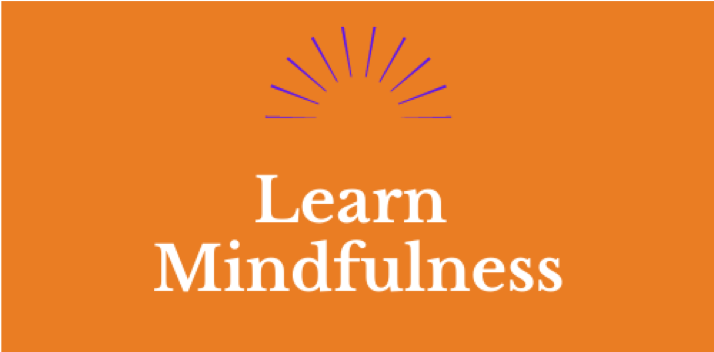Anxiety and Mindful Therapy
You can master your anxiety with Mindfulness and Psychotherapy.
Anxiety often comes from focusing too much on the future, and trying to control the uncontrollable
Living in the past and the future is normal for most people, For most it works just fine. But for those with anxiety living in the past and the future serves to keep them in the anxiety, and leaves them reactive.
Mindfulness with Cognitive Therapy is the medicine that has worked for many people.
One way mindful therapy works is to stabilize attention in the present. After some practice people learn to see the anxious thoughts as events in the brain rather than solid reality. With that perspective new choices become clear and people can be less reactive and more responsive.
We offer you a free 20-minute Chat with Donald Fleck.
We understand the worry about starting a new course of learning or psychotherapy. We offer the free chat so we can answer your questions, and so we can get to know you and your needs.
Understanding Anxiety, Mindfulness and Cognitive Therapy
intuitive approaches to dealing with Anxiety can be disappointing
Mindfulness combined with Cognitive Therapy has a new and different approach, one many have found is very helpful.
Anxiety can be crippling or a major annoyance. Either way Mindful Therapy can help.
People with anxiety often want the answer to the question: How can I control the future. When the future is the way we want it to be, when that is certain, then we imagine we will be free of anxiety.
But efforts to control the future are notoriously difficult to achieve. There are so many variables, and so much that is going on, that predicting the future is like trying to predict the winner of a race.
You may enjoy Michelle Morrison’s MindBlog post on this website: Stopping and Calming. And you may enjoy Donald Fleck’s MindBlog post on Letting Go of trying to control the future.
Anxiety and Depression in Mindful Therapy are closely related
Some features of Anxiety are similar to those of Depression, from the viewpoint of Mindful Therapy. For example, both feature avoidance of not-wanted thoughts and emotions. This avoidance concept was developed by Steven C. Hayes, PhD. Early in his adult life he suffered anxiety and panic attacks, and from that personal history he learned that avoidance was a major factor. Later he avoidance is also found depression. In Donald’s book on Mindful Therapy this is equivalent to the Allowing stage of treatment.
Since treatment of anxiety and stress with Mindful Therapy overlaps with treating Depression, please read our page on Depression and Mindful Therapy.
In addition Zindel Segal, Ph.D, creator of MBCT, has a website, Mindful Noggin, where he writes, “Preventing Depression and Anxiety starts with a single breath.” Dr. Segal’s compilation of studies on mindfulness in psychotherapy is at his other website, MBCT.com.
Mindful Therapy is most helpful for generalized anxiety. The criteria for Generalized Anxiety Disorder in the Diagnostic and Statistical Manual (DSM) include excessive worry, for at least 6 months, that negatively effects personal relationships or work/school. It also requires that the person has at least 3 specific symptoms. These include feeling keyed up, being easily fatigued, difficulty concentraging, irritability, muscle tension and sleep disturbance. See the DSM for details on this diagnosis.
Book a free 20-minute chat with Donald
We are happy to learn about your needs and answer your questions.
Use the button below to get to our Contact form, and indicate some times you are available, at least 48 hours from now.
